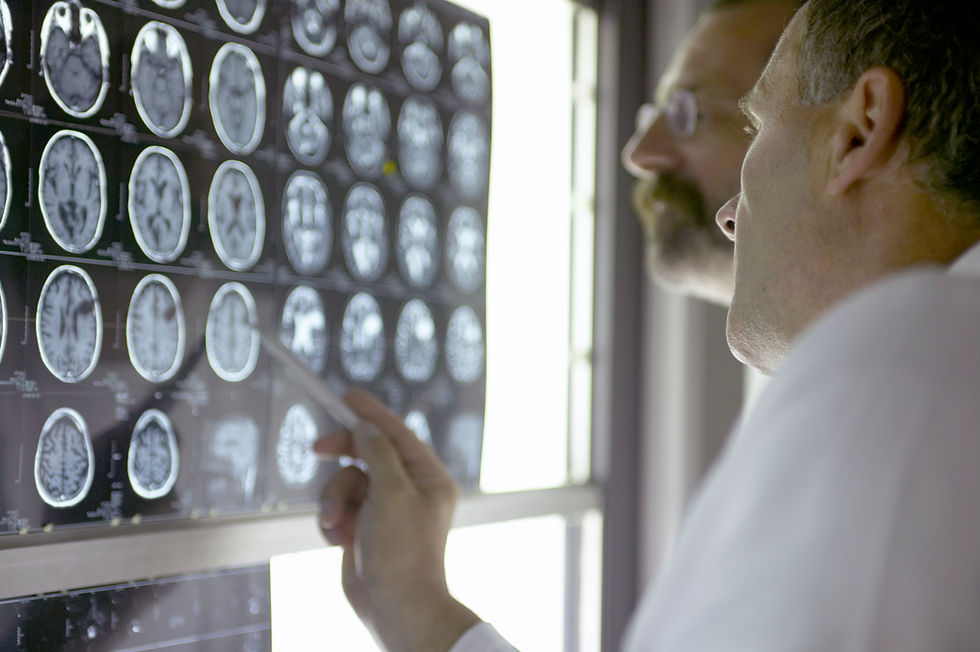The Vulnerability of Doctors and the Rising Threat of Knife Attacks
- Gopal Raghavan
- Nov 20, 2024
- 2 min read
Recent events, such as the knife attack on a Chennai doctor, have highlighted the growing vulnerability of medical professionals to violence. Doctors, dedicated to saving lives, are increasingly finding themselves in life-threatening situations. This alarming trend calls for serious introspection and immediate action to ensure the safety of those who serve tirelessly.

Why Are Doctors at Risk?
Doctors often face the brunt of emotional outbursts from patients' families, particularly in critical or tragic situations. Misunderstandings, unmet expectations, or grief can quickly escalate into anger, making healthcare professionals soft targets. Hospitals, being high-pressure environments, can sometimes lack adequate security protocols, further increasing the risk.
Knives: A Common Weapon of Violence
Knives are among the most commonly used weapons in violent incidents worldwide. Their availability in households and public spaces makes them a preferred choice for perpetrators. Unlike firearms, knives don’t require licenses, making them accessible to anyone. In the case of the Chennai doctor, the knife used in the attack underscored the urgent need for protective measures in hospitals.
Steps Hospitals Can Take to Protect Doctors
Establish Secure Counseling Spaces: Hospitals should create designated counseling rooms for sensitive discussions with patients' families. These rooms should be:
Equipped with surveillance cameras to monitor interactions.
Strategically located in secure areas to prevent sudden escalations.
Deploy Security Personnel: A security guard must be present in counseling areas to act as a deterrent and step in during emergencies. Their presence can significantly reduce the chances of violent incidents.
Implement Safe Interaction Protocols: Hospitals should establish strict protocols for doctor-family interactions, including:
Maintaining a minimum distance of 10 feet between the doctor and patients' family members during discussions.
Clear guidelines for handling conflicts or tense situations to ensure doctors' safety.
Equip Doctors with Basic Self-Defense Skills: While institutional measures are essential, doctors should also be empowered to protect themselves. Basic self-defense training, particularly in Krav Maga, can be life-saving. A Knife Defense Workshop can teach doctors:
How to disarm an attacker.
Techniques to create distance and escape.
The confidence to remain calm and react effectively under stress.
Krav Maga: Beyond Physical Defense: Krav Maga isn’t just about combat—it also emphasizes non-physical strategies like situational awareness, verbal de-escalation, and creating space to avoid confrontations. These skills are particularly valuable for doctors, enabling them to stay alert, diffuse tension, and take preventative actions before physical threats escalate.
Why Krav Maga Stands Out: Krav Maga is renowned for its effectiveness in confined spaces, making it ideal for hospital settings where doctors may have limited room to maneuver. Additionally, Krav Maga specializes in weapon defense, providing practical, easy-to-learn techniques to neutralize knife attacks and other armed threats. This makes it an invaluable skill for medical professionals in unpredictable environments.
Conclusion: A Call to Action
The knife attack on the Chennai doctor serves as a wake-up call for hospitals and healthcare professionals. It’s imperative to create a safer work environment through institutional reforms, robust security protocols, and personal empowerment. Teaching doctors self-defense is not just a precaution—it’s a necessity in today’s unpredictable world.
Let’s ensure that those who dedicate their lives to saving others feel safe and protected in their own workplaces. A proactive approach can prevent future tragedies and safeguard the medical community.




Comments